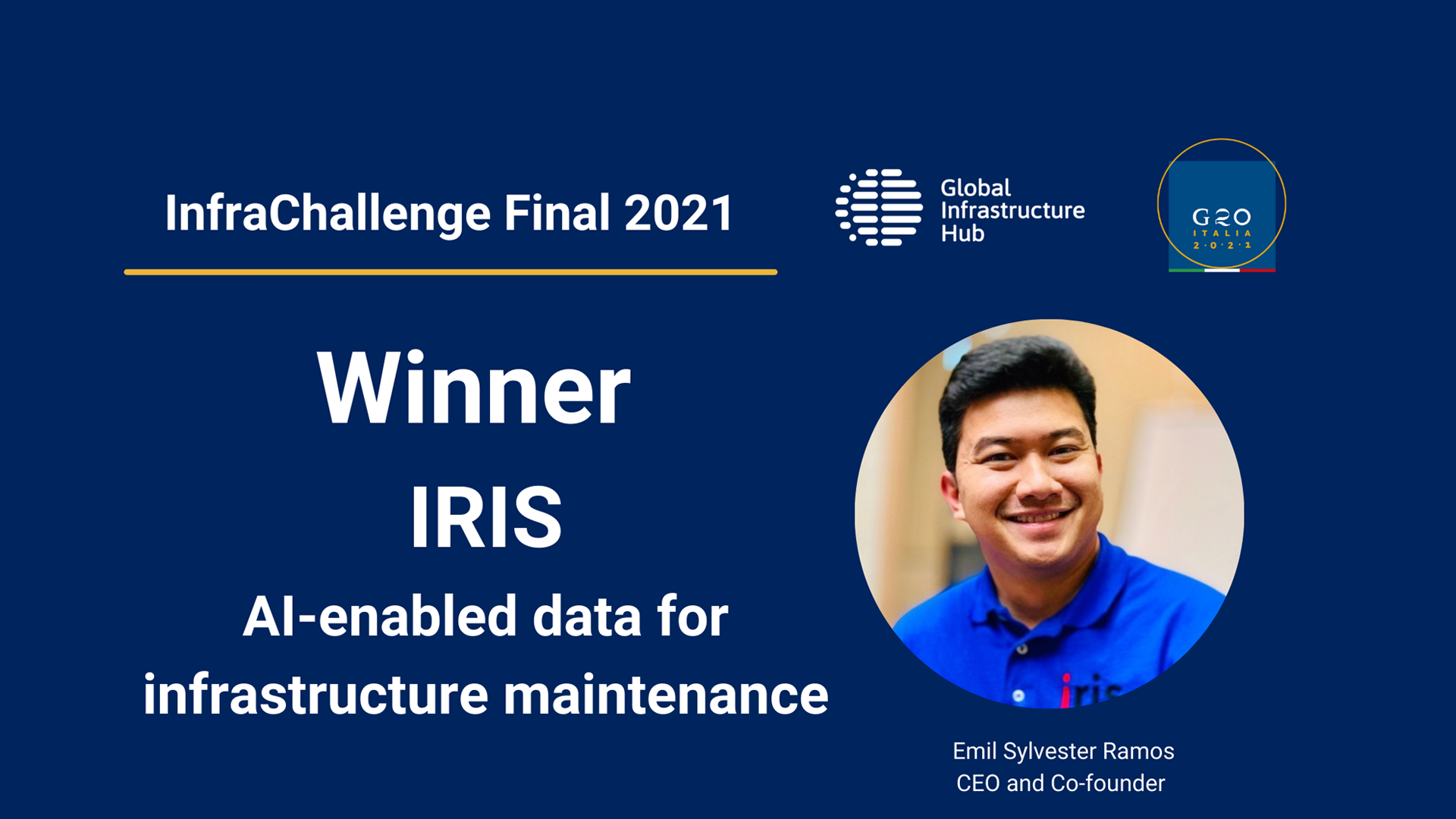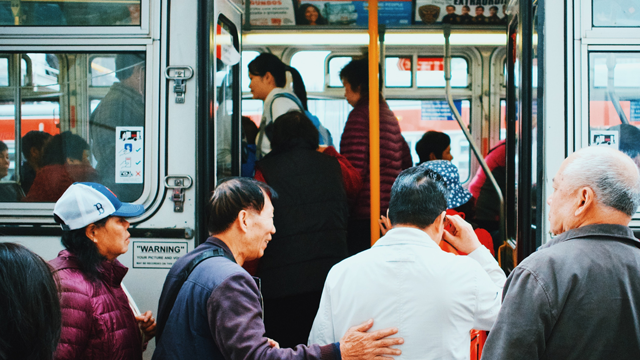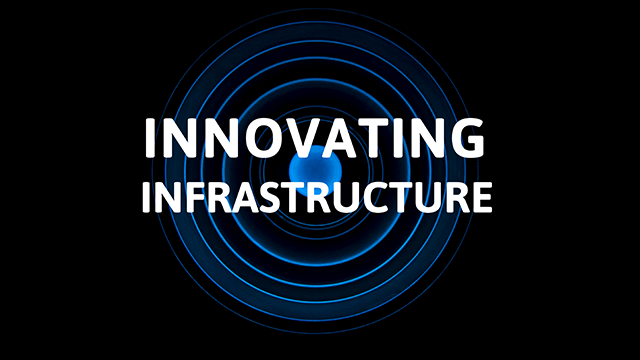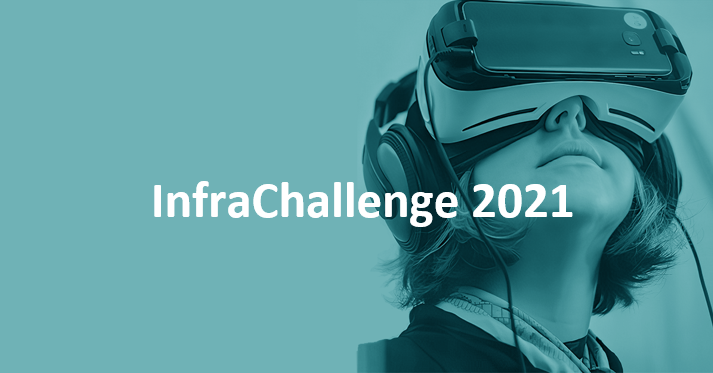61 results found
Featured results



More results

The Innovative Funding and Financing (IF&F) tool aims to help governments structure bankable projects that attract private investment, highlighting specific solutions for structuring projects to optimise private infrastructure investment.


The G20 Finance Ministers and Central Bank Governors (FMCBG) gathered for their fourth official meeting under the Italian G20 Presidency on 13 October 2021. Today, the results of the discussion were shared in the official Communiqué of the meeting and the Fourth Progress Report on the G20 Action Plan.
The recording is now available for the GI Hub and Italian G20 Presidency’s InfraChallenge 2021 Final which was held over two-days on 15 and 16 September 2021
AI-enabled cameras detect road hazards in real time, enabling faster and securer maintenance for safer roads. Winning InfraChallenge will assist Canadian start-up IRIS to scale globally and reach emerging countries.
The GI Hub today launches a shorthand cost-benefit analysis tool for analysing the environmental, social, and economic (ESE) benefits of bus transport projects.
Innovating Infrastructure is a new podcast from the GI Hub that showcases new and emerging technology-based solutions to infrastructure challenges. Hosted by GI Hub’s Director of Thought Leadership, Monica Bennett the ten-part series delves deep into these solutions to find out how they will create impact towards a more resilient future.
Join the GI Hub and G20 Italian Presidency for the two-day InfraChallenge 2021 final, featuring sessions with expert guest speakers exploring technological innovations and their role in creating resilient infrastructure, and the final of the InfraChallenge competition with live announcement of the 2021 winner.
InfraChallenge 2021 invited ideas for building and maintaining better, more resilient infrastructure. Today we announce the Top 10 competitors.
On 3 June, the Italian G20 Presidency in collaboration with the OECD and D20 Long-Term Investor Club, hosted an Infrastructure Investors Dialogue: Financing Sustainable Infrastructure for Recovery. The objective of the dialogue was to leverage ongoing efforts to advance collaboration between the public and private sectors, with a particular focus on unlocking further investment and sustainability. A range of leading experts joined and contributed to the session including Global Infrastructure Hub CEO Marie Lam-Frendo.
InfraChallenge 2021 invited ideas for building and maintaining better, more resilient infrastructure. Discover who made the Top 20.
The G20 Finance Ministers and Central Bank Governors (FMCBGs) met yesterday and issued a Communiqué outlining their collective commitments and priorities. The Communiqué cites several GI Hub tools that will help G20 countries and others harness the transformative potential of infrastructure and attract private investment in infrastructure.
Discover how you can get involved with InfraChallenge 2021, applications close 12 March.
InfraChallenge is looking for practical and scalable tech-based ideas for building and maintaining better, more resilient infrastructure.
As a part of a Balanced National Development project, the project is planning to build a 174.2km long railway starting from Gimcheon, Gyeongsangbuk-do to Geoje, Gyeongsangnam-do.
It is the second bridge that crosses over to Cádiz from the mainland, after Carranza bridge, and one of the highest bridges in Europe, with a gauge of 69 meters and a total length of 5 kilometres
PPP Construction cost of 50 PPP-projects: 1,3 bn ?; maintenance costs 0,7 bn ?; PPP Size: 1 mio. m2 GFA; new built and renovation projects with one or more schools
Toyama City is now a global role model as a Compact City, but Toyama used to be a typical Japanese city challenged by urban sprawl with an ageing and declining population
Parties involved (public and private) CNEA (public), private only as suppliers and contractors
The Igua?u National Park, created in 1939 by Decree No. 1035, houses the largest remnant of Atlantic forest (seasonal semideciduous) in southern Brazil.
ntil September 2020, the Program of universalization “Light for All” had already served more than three and a half million families, which corresponds to more than sixteen million people benefited from the public service of electricity, the vast majority of which are served with conventional network extension.





 AI solution for infrastructure maintenance wins GI Hub’s innovation competition
AI solution for infrastructure maintenance wins GI Hub’s innovation competition











